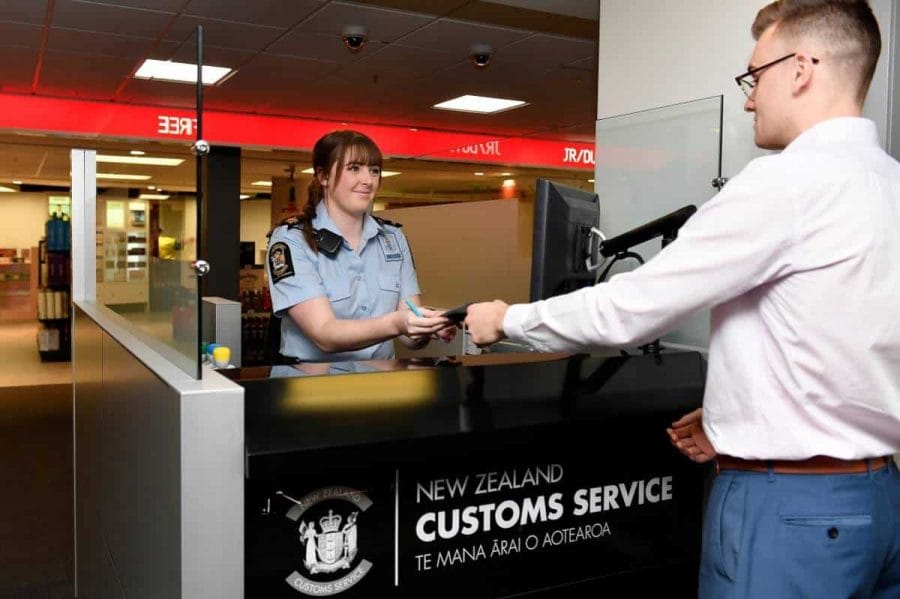- Tourism leaders fear a $100 levy could lead to fewer international visitors and reduced spending.
- Cruise industry warns that sudden levy increases could deter operators from visiting New Zealand.
- Government considers levy hike to fund public services and conservation, despite industry concerns.
Tourism Industry Aotearoa (TIA) has voiced serious concerns over a potential increase in the international visitor levy, warning that millions of dollars could be at risk if the fee is raised to $100. Introduced in 2019 at $35, the levy was designed to help international visitors contribute more towards tourism infrastructure and conservation projects. However, the government is currently reviewing this fee, with proposals to increase it to $50, $70, or $100.
Rebecca Ingram, TIA’s chief executive, highlighted that a $100 levy could deter up to 48,000 visitors, putting $273 million in international visitor spending at risk. “This would create a significant barrier at a time when the industry, our second-largest export, is sitting around 80 percent of recovery,” Ingram said. She expressed concern that such an increase would be unappealing in an already competitive global market, especially given other recent cost hikes and budget cuts affecting the sector.
The cruise industry is also alarmed by proposed increases in border levies, which could see customs fees for cruise ship passengers rise by 88 percent from December. The New Zealand Cruise Association warned that these sudden changes could drive operators away, with Jacqui Lloyd, the association’s chief executive, stating that cruise companies need at least a year’s notice to adjust to new fees. “Coming off the pandemic, cruise ship margins are incredibly small,” Lloyd said, emphasising that operators, not passengers, would bear the financial burden.
In response to industry concerns, Tourism and Hospitality Minister Matt Doocey defended the proposed levy increase, noting that 93 percent of public submissions supported the hike. He argued that the additional revenue would ensure visitors contribute to essential public services and conservation projects. However, tourism leaders have urged the government to consider the broader economic impact of such changes, warning that the increased costs could ultimately harm New Zealand’s appeal as a destination.
A decision on the levy increase is expected soon, as the industry continues to advocate for more sustainable and less abrupt funding solutions. The ongoing debate highlights the delicate balance between generating revenue for public projects and maintaining New Zealand’s competitiveness in the global tourism market.


